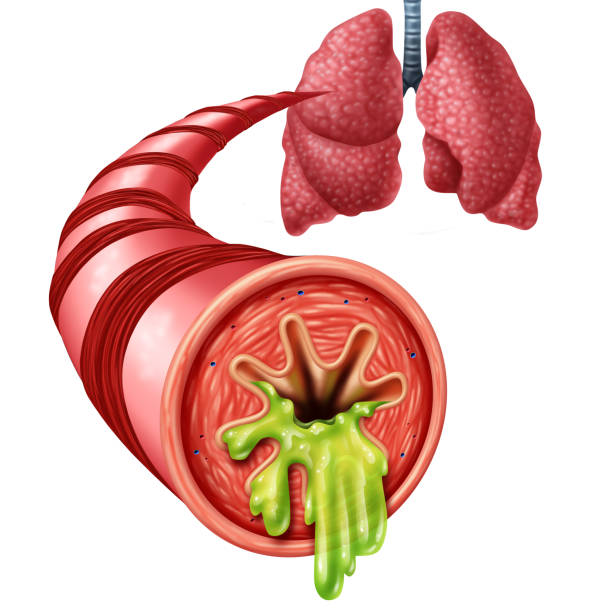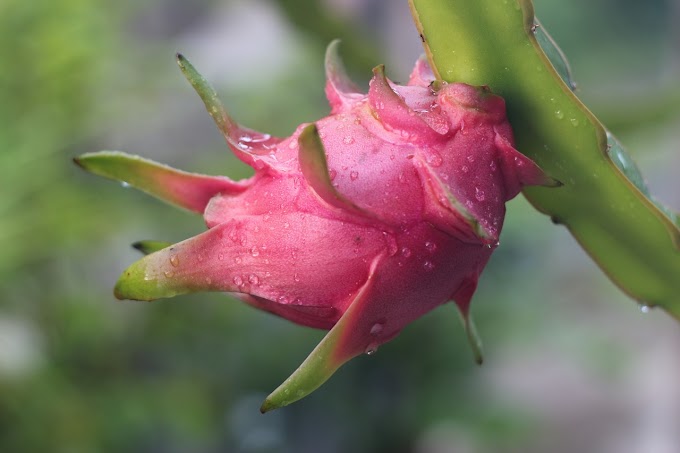Foods that flush Mucus/Phlegm from the Body
The mucus in
the lungs is called phlegm. Excessive phlegm can lead to several problems and
discomforts, affecting both respiratory health and overall well-being. Here are
some common problems associated with phlegm:
- Coughing
- Breathing difficulties
- Mucus in throat
- Sore throat
- Chest congestion
- Sinus infections
- Respiratory infections
- Sleep disturbances
- Reduced exercise tolerance
Types of Phlegm:
Phlegm can
vary in color, consistency, and other characteristics, which may provide
insights into underlying health conditions.
- White phlegm is typically considered normal and
is produced in small amounts to lubricate and protect the respiratory tract.
- Yellow phlegm often indicates the presence of
infection or inflammation in the respiratory tract. It is commonly associated
with bacterial respiratory infections such as bronchitis or sinusitis.
- Brown or rust-colored phlegm may result from the presence of
old blood, indicating bleeding or irritation in the respiratory tract. This
coloration can occur due to conditions such as bronchiectasis, pneumonia, or
smoking-related lung damage.
- Thick or sticky phlegm difficult to expel may be
indicative of dehydration or inadequate hydration of the respiratory tract.
- Pink or frothy phlegm may indicate the presence of blood
mixed with mucus, suggesting more severe bleeding in the respiratory tract.
This symptom requires immediate medical attention.
Why is mucus stuck in my chest?
Mucus being stuck in the chest is a common complaint and can
occur due to several reasons:
Respiratory Infections:
Viral or
bacterial infections such as the common cold, flu, bronchitis, or pneumonia can
cause inflammation and increased mucus production in the respiratory tract.
Postnasal Drip:
When mucus
drips down the back of the throat from the nasal passages, it can accumulate in
the chest, leading to a sensation of mucus being stuck. Postnasal drip can
result from allergies, sinus infections, or other nasal conditions.
Asthma:
Excess
mucus production is a common symptom of asthma, and it can become trapped in
the chest, causing coughing and difficulty breathing.
Chronic Obstructive Pulmonary Disease:
COPD,
including conditions such as chronic bronchitis and emphysema, can lead to
chronic inflammation and mucus production in the airways. This mucus can become
lodged in the chest, contributing to symptoms such as coughing and chest
tightness.
Environmental Irritants:
Exposure
to environmental irritants such as cigarette smoke, air pollution, or allergens
can stimulate mucus production and inflammation in the respiratory tract,
leading to mucus accumulation in the chest.
Dehydration:
Inadequate
hydration can lead to thickening of mucus, making it more difficult to clear
from the chest. Staying well-hydrated can help maintain mucus thinness and
facilitate its movement out of the respiratory tract.
Foods that flush mucus from your body
Apple:
Apples are
rich in fiber, vitamins, and antioxidants, and have a high water content which can
contribute to overall health and support the body's natural processes,
including respiratory health.
Ginger:
Ginger is
a natural ingredient that has been used for centuries in traditional medicine
for its potential health benefits, including its ability to help alleviate
symptoms associated with respiratory issues like excess phlegm.
Cucumber:
Cucumbers
are primarily composed of water and contain various nutrients and antioxidants
that can help to remove phlegm from the body.
Pumpkin Seeds:
Pumpkin
seeds contain several nutrients such as Magnesium, Zinc, Antioxidants and
compounds that support respiratory health and help manage symptoms associated
with excess phlegm.
Broccoli:
Broccoli
is a nutritious vegetable that offers a wide range of health benefits. Broccoli
is an excellent source of vitamin C, a potent antioxidant that supports immune
function. Adequate vitamin C intake may help reduce the severity and duration
of respiratory infections, which can contribute to excess phlegm or mucus production.
Pineapple:
Pineapple contains a mixture of enzymes, bromelain, vitamins, and antioxidants that help alleviate symptoms associated with excess phlegm.
Natural drink to get rid of mucus
Remedy
Ingredients:
- 1-2 inches of fresh ginger root, peeled and thinly sliced
- 1 lemon, thinly sliced
- 1-2 tablespoons of raw honey
- 1 cup of water
Instructions:
Boil 1 cup
of water in a saucepan. Add the sliced ginger and lemon to the boiling water. Reduce
the heat to low and let the mixture simmer for 5-10 minutes to allow the
flavors to infuse. Strain to remove the lemon and ginger. Stir in the raw honey
to sweeten the tea. Pour the tea into mugs and enjoy warm.
Conclusion:
Dealing
with excess mucus in throat, phlegm stuck in throat for months, mucus in lungs
and chest congestion can be frustrating, but natural foods and remedies offer
effective ways to promote mucus clearance and support respiratory health. As
always, it's essential to consult with a healthcare professional if you have
persistent or severe respiratory symptoms.













0 Comments